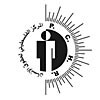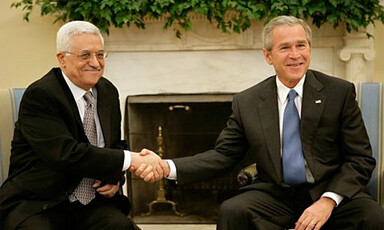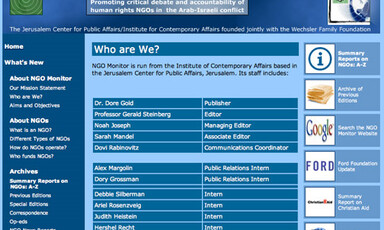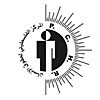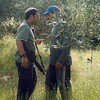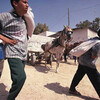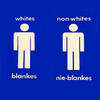
Israeli cabinet proposes new bill for harsher procedure laws against Palestinians
19 October 2005
On 14 October 2005, Adalah sent an urgent letter to the Prime Minister, the Minister of Justice, and the Attorney General (AG) demanding the cancellation of a bill which proposes new and harsher criminal procedure laws to be applied to individuals suspected of security offenses based solely on their nationality. The bill, entitled the “Criminal Law Procedures Bill (Powers of Implementation – Special Directives for Investigating Security Violations Perpetrated by Non-Citizens),” was approved by the Ministerial Committee for Legal Affairs on 9 October 2005. Recommended by the General Security Services (GSS), the bill would create a two-track criminal procedure law governing investigation, interrogation and detention – one for Israelis and one for Palestinians. Read more about Israeli cabinet proposes new bill for harsher procedure laws against Palestinians
